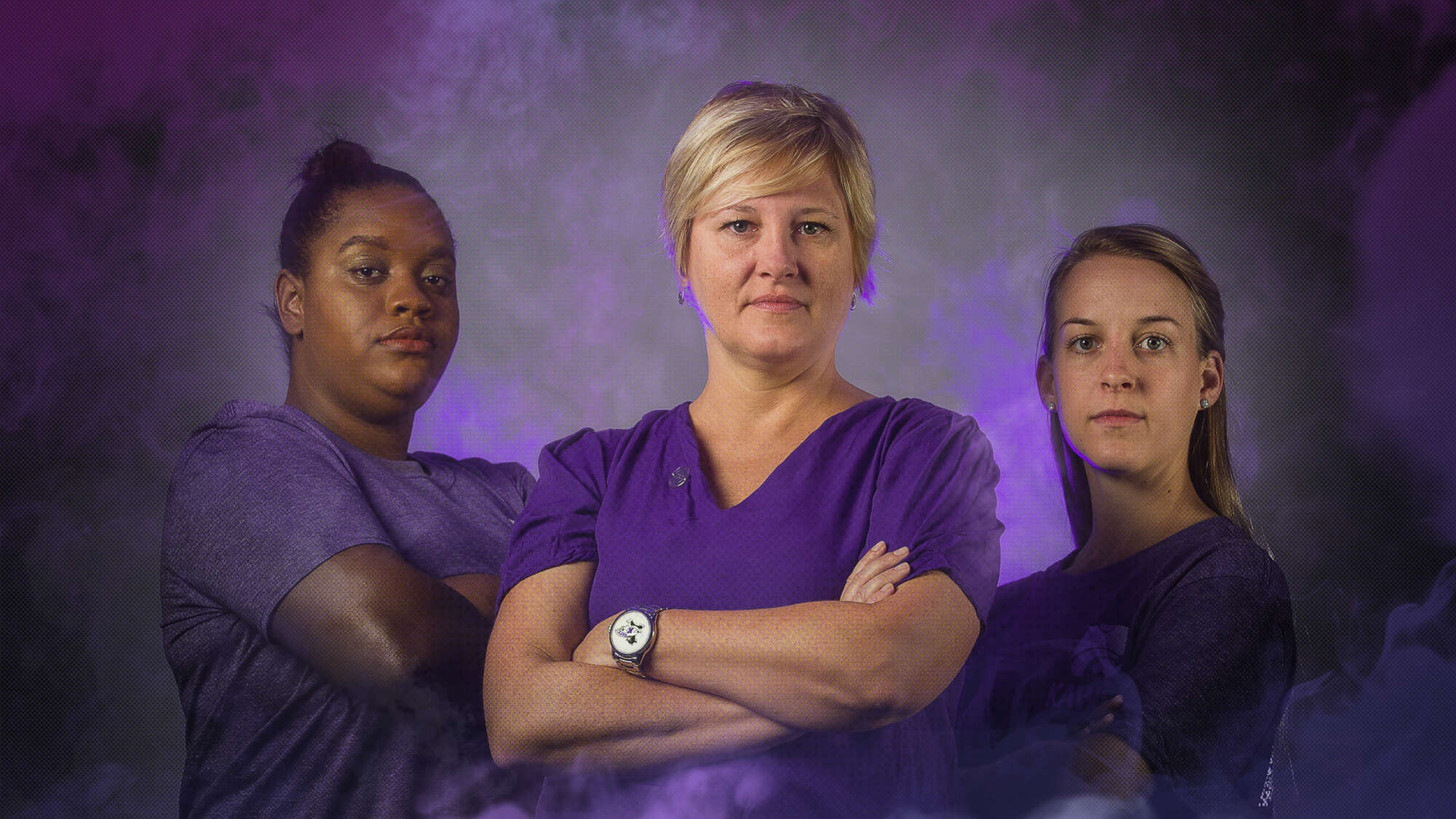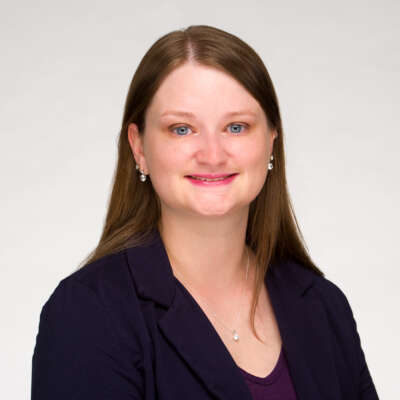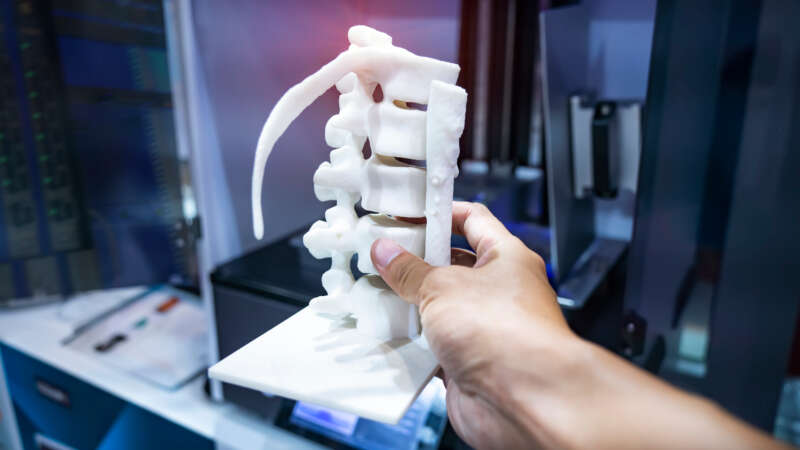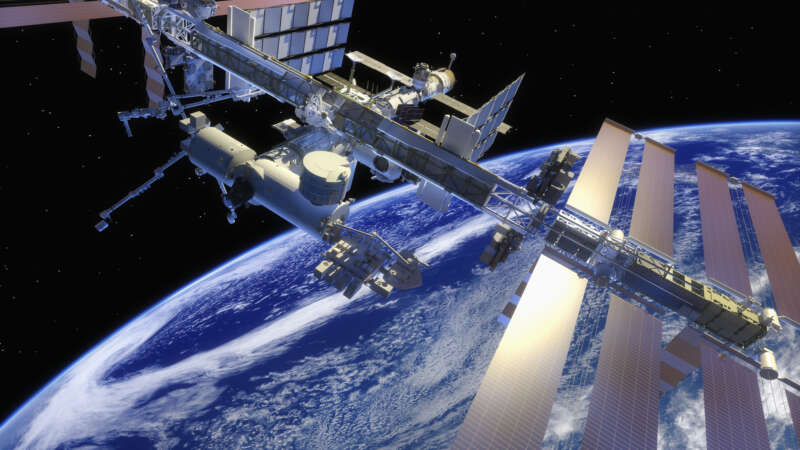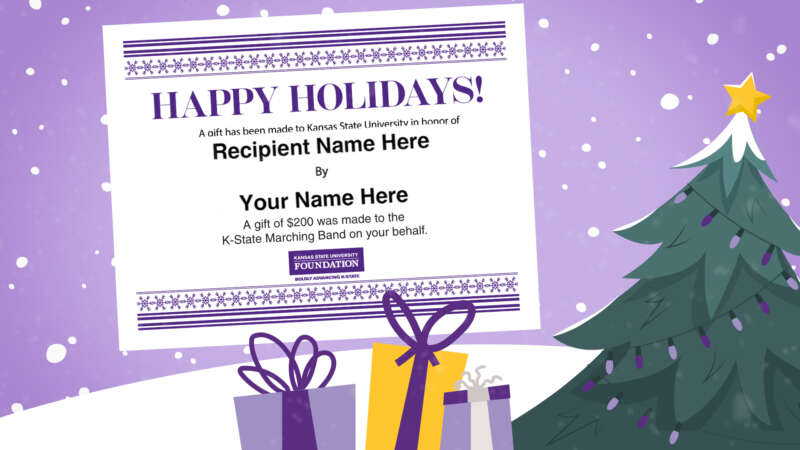Empowering young women to pursue and succeed in STEM fields.
After entering middle school, female students tend to feel less confident than their male peers about their science, technology, engineering and math (STEM) abilities, even when their abilities are actually equal or above average. Though the reasons for this are complex, it’s a dilemma one group at K-State is addressing.
The K-State Office for the Advancement of Women in Science and Engineering, or KAWSE, offers workshops, professional development and hands-on learning for young women in middle school, high school and beyond.
“KAWSE helps girls find their footing before they even get to college,” said Bernadette Drouhard, a K-State chemical engineering student helping to expand the program’s high school outreach.
“A lot of the middle school girls are pretty shy,” added Alicia Luarks, a bakery science and management student and KAWSE mentor. “Some arrived for workshops and didn’t know what they wanted to do, but by the time they left, they knew.”
The KAWSE office originated 17 years ago due to the tireless work of Dr. Ruth Dyer, Senior Vice Provost for Academic Affairs, and Dr. Beth Montelone, Associate Dean for Research in the College of Arts and Sciences.
“It has been a work of love, and it has been very rewarding to see it continue to grow and evolve,” Dyer said.
Dyer and Montelone recognized the need to help girls develop the skills, knowledge and networks to succeed in science and engineering careers. They secured grants and engaged individuals across K-State to develop the various programs now located in the KAWSE office. Dr. Chardie Baird continued that high level of dedication when she became KAWSE director in 2012.
“I’ve found that, over time, if females receive feedback that they can be successful in math and science and that they do indeed perform very well, they will move into those disciplines,” Baird said. “So the question is, ‘How do we make sure we are providing girls with accurate feedback about their abilities?’”
Based on the KAWSE model, success comes by applying research, outreach and education into a formula with demonstrated results.
“We want to encourage girls to explore and discover how talented they really are,” Baird said. “It is truly amazing to watch the sparks in their eyes when they see what they can do. It is hard to put into words how rewarding it is to see them gain more confidence and become so excited about science and engineering.”
To support the K-State Office for the Advancement of Women in Science and Engineering, visit here or contact Heather Strafuss at 785-775-2146 or heathers@ksufoundation.org.
